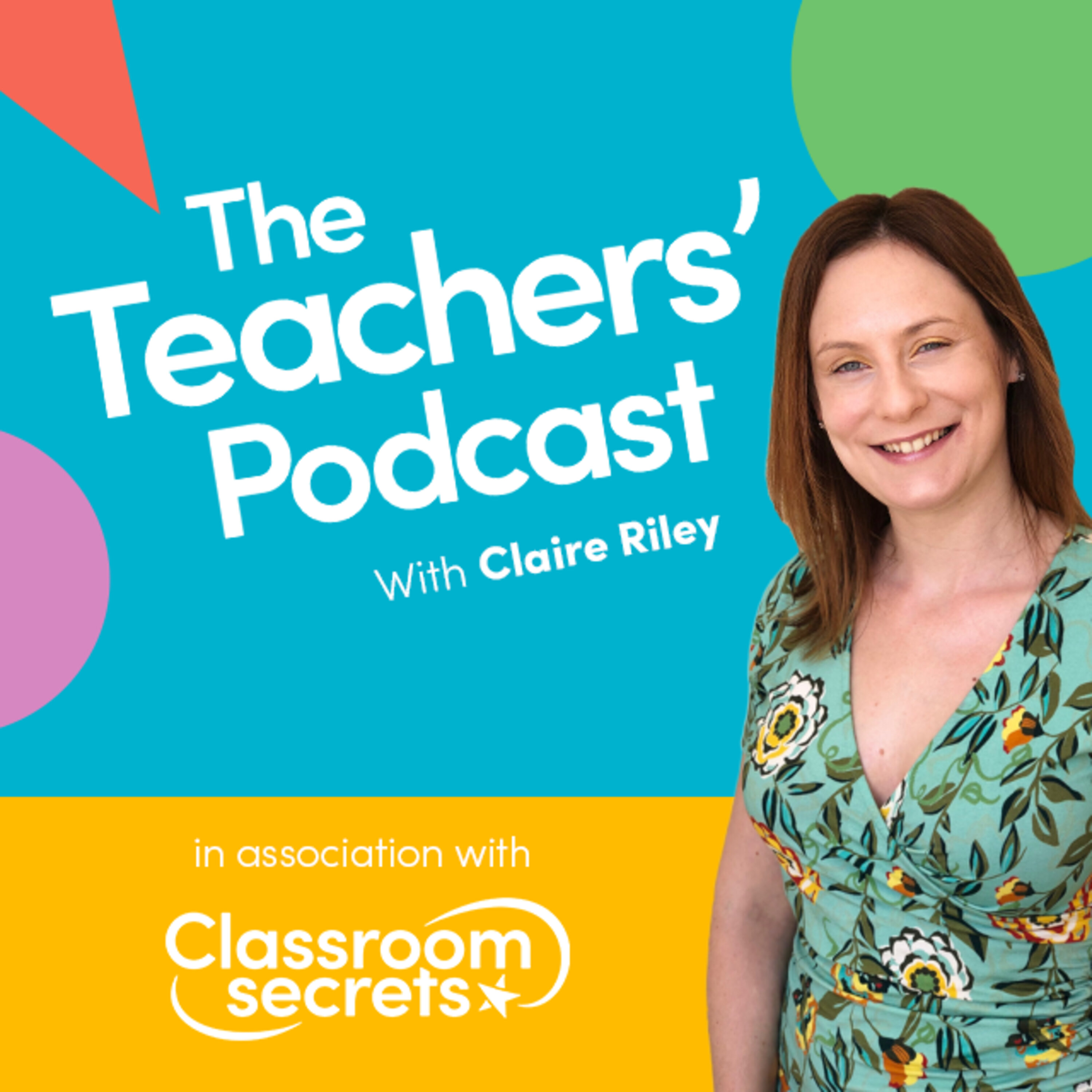Executive functions in education: Victoria Bagnall, director of Connections in Mind
Description
EPISODE NOTES
In this episode, Claire talks with Victoria Bagnall who is a director and one of three founders of Connections in Mind: a company that provides coaching in executive functions.
Victoria left teaching in 2011 and, after tutoring students who had additional needs, she turned her focus to neuro-education and executive functions. Victoria discusses the importance of executive functions are and how they are the skills of self-management that allow people to live a healthy and fulfilling life. She also talks about how Connections in Mind works with and supports students, adults and teaching professionals and shares some thoughts and advice about how to develop confidence and encourage sustainable success not only in education but also as a part of our professional and daily lives.
KEY TAKEAWAYS
What are they and why do they matter?
Executive functions are in the part of our brains that helps us to regulate our emotions, to manage our time, and to organise ourselves. It’s the part of our brain that, from an evolutionary aspect, is the most developed. Essentially, it is the bit of our brains that helps us to be part of society and to accomplish tasks. As the name suggests, these executive functions are about executing tasks and getting things done.
Identify and praise adopted strategies.
For students who experience difficulties focusing on tasks, or for those who are disorganised in terms of their belongings and might be experiencing problems with emotional regulation, working on executive functions can be instrumental in their progress. Talking about the strategies and normalising them for everyone can really impact positively on the culture within the classroom. It is always useful to remember that anyone can have these challenges, not just students with ADHD or dyslexia. Identifying strategies that students are using and giving feedback draws attention to the behaviour and reinforces it for others. Having this self-awareness and a set of strategies that work for us can be the key for everyone reaching their potential.
Verbal vs written.
A lot of young people with executive function challenges have no issues with their verbal skills and can actually excel with this. They can talk at length about a range of subjects but, when it comes to writing answers or longer pieces of text, can find that they experience difficulties. This discrepancy between verbal and written performance can be a real indicator that there is something going on around the executive functions.
BEST MOMENTS
“What a wonderful set of skills to leave school with: to know how we best get started on tasks; what to do if we’re struggling because the task is not particularly motivating or interesting for us.”
“Executive functions play into so many different areas of life.”
“The executive functions are the brain processes that enable self-regulated learning to take place. When we understand these brain functions as teachers, we can help young people to develop the skills that sit alongside these executive functions so that they can become self-regulated learners.”
“Often we’re asking children to do quite cognitively advanced tasks at school and we need to scaffold those for young people.”
“If children are struggling to get started on tasks, or if they’re really struggling to answer the question that’s set, what’s going on for them? What’s getting in the way of their learning? What’s the bottleneck?”
“Remember that working memory, being able to hold information in our head, is something that we, as adults, take for granted.”
“Often, I feel like the school system is set up to reward those people who are abnormally strong in their executive functions and, actually, neurotypical or average brains really struggle because of the developmental process of this.”
“The things we often examine in assess
More Episodes
This week I chat with Jane James, the founder of Little Voices, about mental health, children’s activities and performing arts.
In this episode, Jane shares:
Why she is so passionate about performing arts being taught in schools.
The benefits and skills children will get from learning performing...
Published 05/03/22
Published 05/03/22
In this episode, I talk with Alice Westbury about bringing coaching tools and strategies into the classroom. Alice is an education coach who works primarily with young people but a lot of what she shares in this episode is so valuable to those who teach in primary settings.
In this episode,...
Published 04/26/22


